Intel to target enterprise by including vPro in smartphones
Vice president of mobile also explains decision to use single-core chips and Android Gingerbread in debut smartphone.
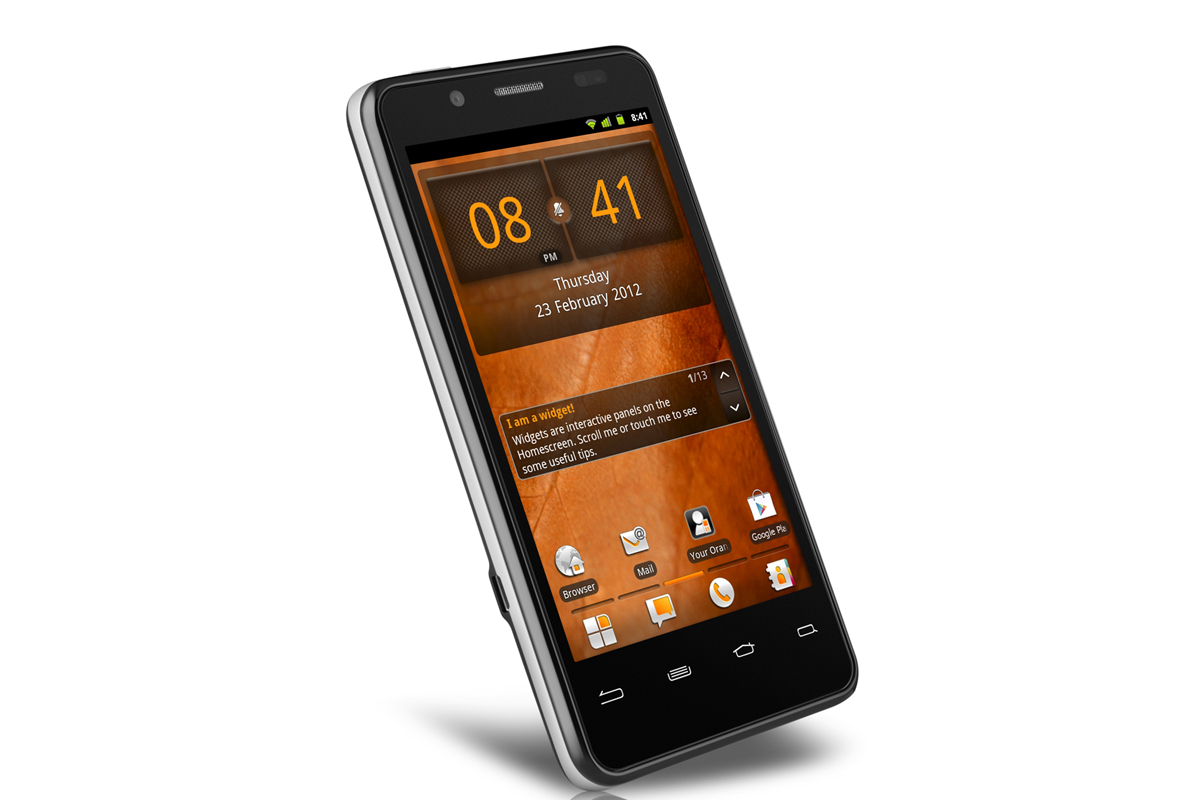
Intel is working on porting its vPro technology to smartphones, as the firm looks to attract enterprises to its devices in the long term by offering built-in security and management features.
"We will bring enterprise features such as vPro from our core chipsets to our mobile platform over time. With our purchase of McAfee, we're also looking to integrate products such as Deep Defender into our offerings," Mike Bell, general manager of Intel's Mobile and Communications Group confirmed to IT Pro.
Bell declined to give a time frame on the inclusion of enterprise-friendly features, but did say they "will be added with each chip cycle".
With Intel's chip cycles typically between 12 to 18 months, the next smartphone chips are likely to debut in 2013.
The firm is expected to announce the roadmap for SoC and multi-core chipsets later this year, but it wouldn't be a surprise to see mobile processors released alongside next generation Haswell architecture next year.
In the meantime, the first Intel powered Android smartphone, dubbed the Orange San Diego is powered by a 1.6GHz single core Atom Z2460 processor. This Z2460 chip, which is based on a 32nm process includes Intel's hyper threading technology and a built-in Graphics Media Accelerator, so it can render 3D and provide HD playback.
The lack of in-built enterprise features is unsurprising at this stage as Intel has focused on striking the balance between performance and all-day battery life.
Get the ITPro daily newsletter
Sign up today and you will receive a free copy of our Future Focus 2025 report - the leading guidance on AI, cybersecurity and other IT challenges as per 700+ senior executives
Despite coming to market with a single-core chipset, Bell remains confident that the San Diego can provide high-end performance offered by dual-core rivals, even taking a swipe at competition.
"People throw in core numbers just because they have nothing else to say. We're pretty happy with the performance we have [with the single core]," he said during the roundtable.
"We get enough performance out of our single core that we don't actually need to turn on a second core. In some of the use cases we've seen, having a second core is actually a detriment because of the way the thread scheduling has been implemented.
"There are cases where the multi-core will be faster, but we can do it without putting the core in [at the moment]," he added.
Bell also claimed the reason the San Diego will launch with the dated Android 2.3 Gingerbread, instead of Ice Cream Sandwich, is because Intel is working on heavily optimising the latest version of Android for its devices.
"Google released an update to the ICS kernel about a month and a half ago and we thought it would be dumb to go out with an ICS update that was already out of date. We're going to do an OTA update for users."
The time frame of the ICS update is yet to be confirmed but is expected in the third quarter. Going forward, Intel expects to have early access to future revisions of Android, as it looks to become a dominant player in the mobile market.
"Part of the deal we made with Google was that we have [the same] first class citizen status as everyone else. You may see a future version of Android where we're the lead vehicle and everyone is rushing to catch up to us. It depends on who Google picks to work with from a handset perspective."
Android 5.0 Jelly Bean is tipped to show up at the end of 2012, with Asus claiming earlier this year that it will be the first manufacturer to ship devices with the operating system. Intel has yet to strike up a partnership with Asus in the mobile space, with the chip maker working with Lenovo, Motorola and Orange.
It remains to be seen how quickly Intel will be able to release an Android 5.0 device.
-
 Cleo attack victim list grows as Hertz confirms customer data stolen
Cleo attack victim list grows as Hertz confirms customer data stolenNews Hertz has confirmed it suffered a data breach as a result of the Cleo zero-day vulnerability in late 2024, with the car rental giant warning that customer data was stolen.
By Ross Kelly
-
 Lateral moves in tech: Why leaders should support employee mobility
Lateral moves in tech: Why leaders should support employee mobilityIn-depth Encouraging staff to switch roles can have long-term benefits for skills in the tech sector
By Keri Allan
-
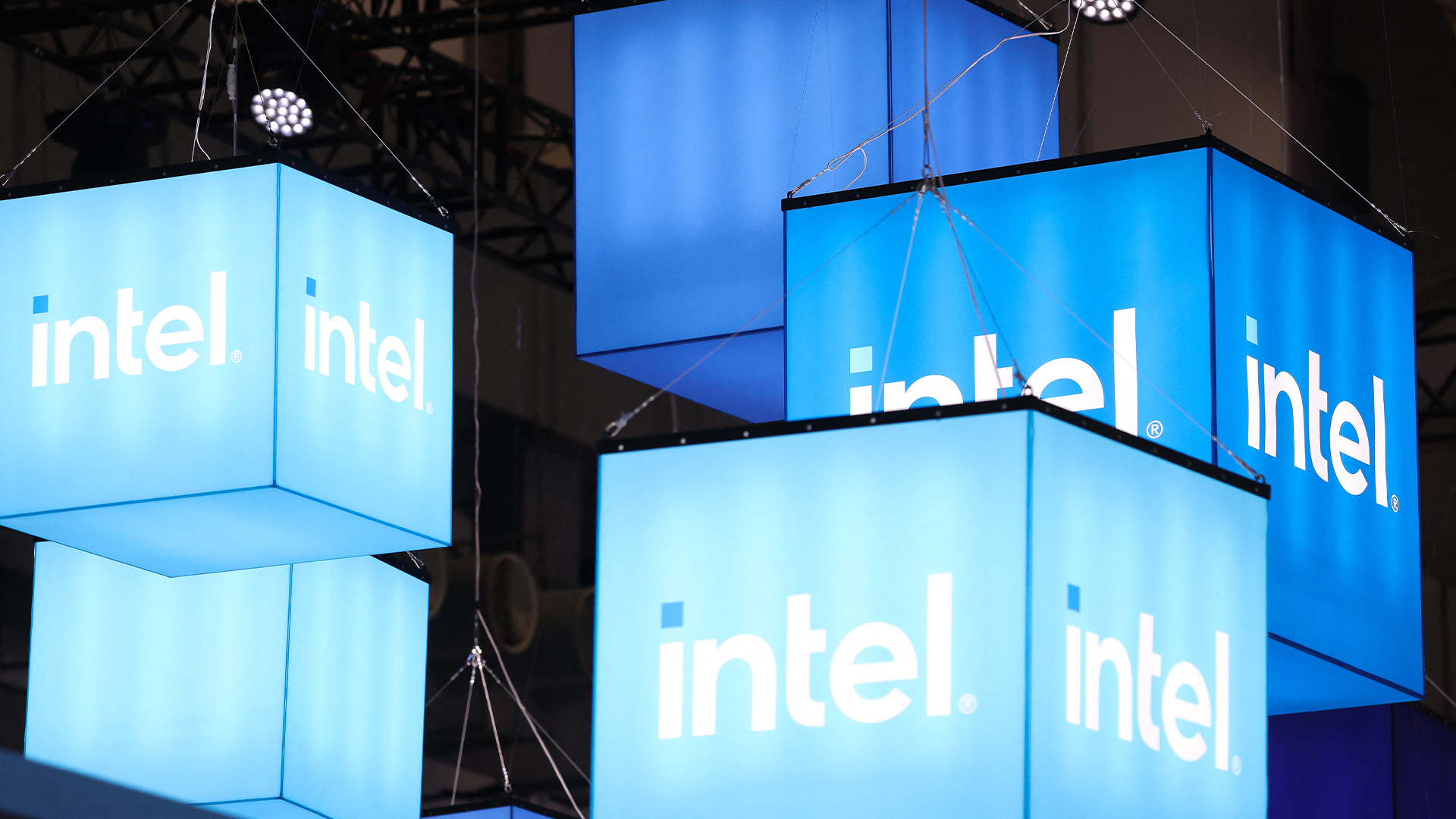 The gloves are off at Intel as new CEO plots major strategy shift
The gloves are off at Intel as new CEO plots major strategy shiftNews Intel’s incoming CEO has some big plans for the firm’s business strategy, sources familiar with the matter have told Reuters, with more job cuts looming on the horizon.
By George Fitzmaurice
-
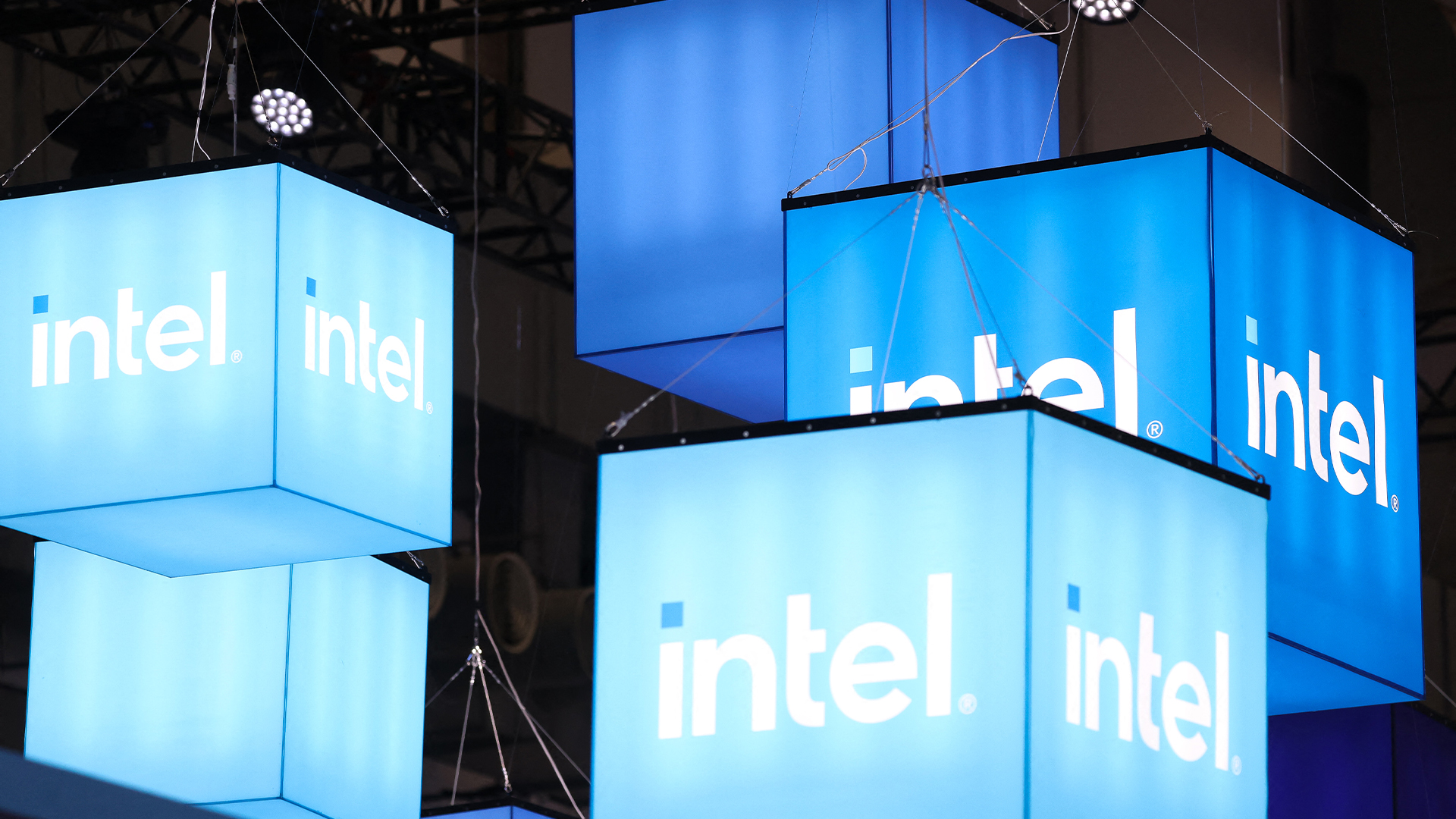 Intel just won a 15-year legal battle against EU
Intel just won a 15-year legal battle against EUNews Ruled to have engaged in anti-competitive practices back in 2009, Intel has finally succeeded in overturning a record fine
By Emma Woollacott
-
 AMD and Intel’s new x86 advisory group looks to tackle Arm, but will it succeed?
AMD and Intel’s new x86 advisory group looks to tackle Arm, but will it succeed?News The pair will look to make x86 CPU architecture more interoperable
By George Fitzmaurice
-
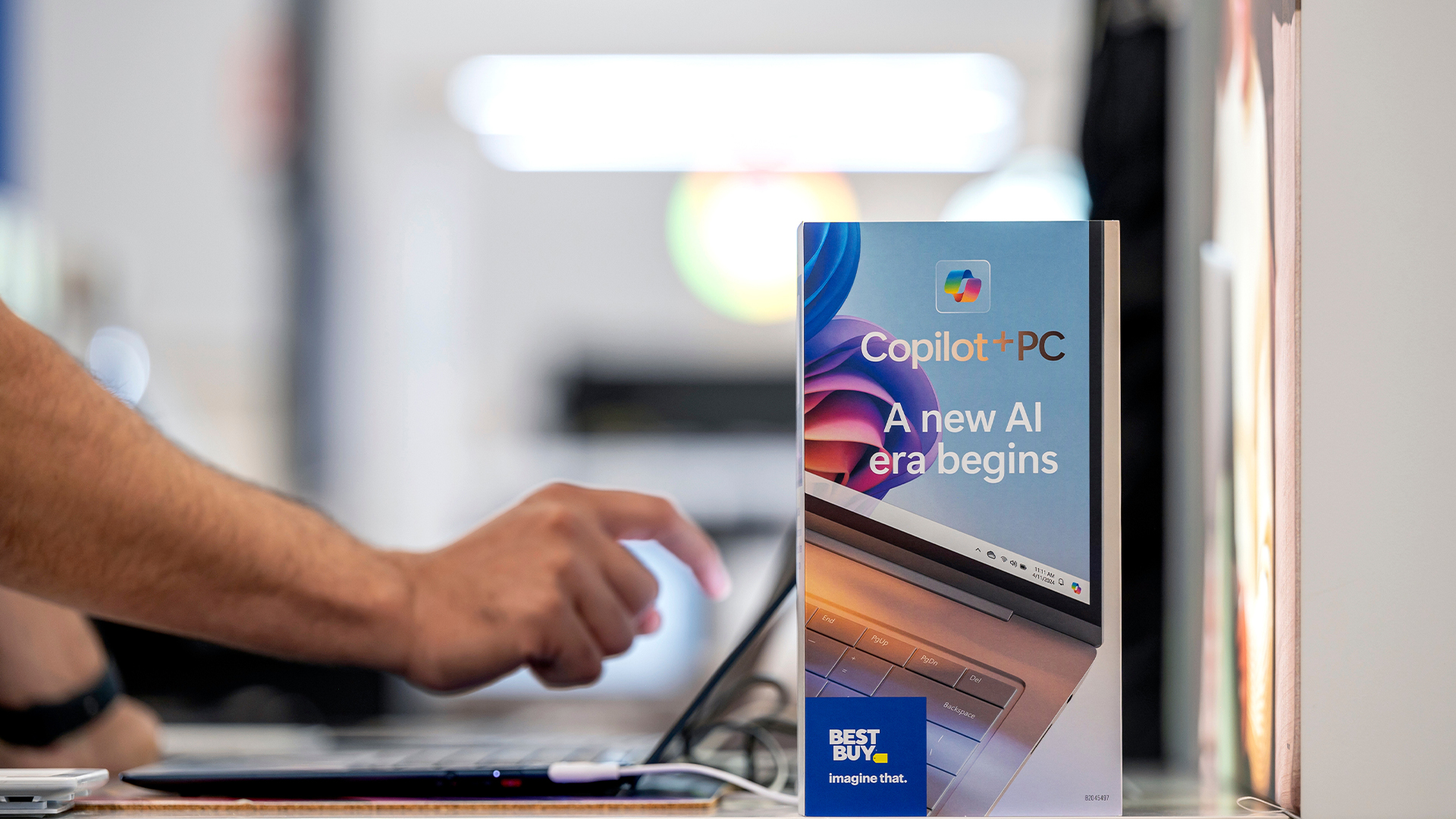 Why the world is about to be swamped with AI PCs
Why the world is about to be swamped with AI PCsNews With adoption rates set to surge, AI PCs will become far more mainstream in years to come
By Nicole Kobie
-
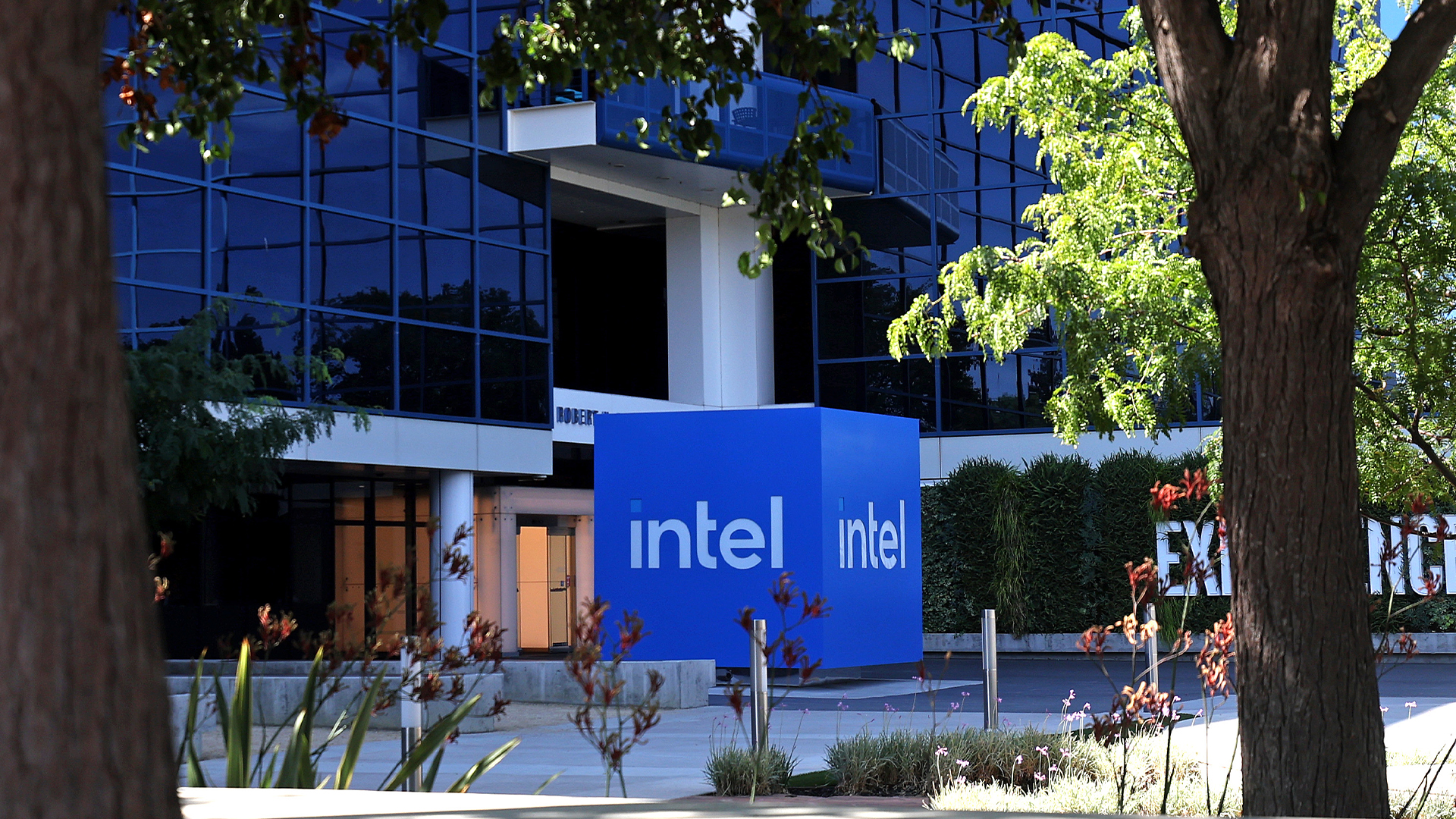 Intel needs to “get its story right” to turn things around and capitalize on the AI boom
Intel needs to “get its story right” to turn things around and capitalize on the AI boomAnalysis Intel has entered a period of uncertainty after announcing restructuring plans and a huge round of layoffs
By George Fitzmaurice
-
 How monitors deepen your employee experience and support your distributed workforce
How monitors deepen your employee experience and support your distributed workforcewhitepaper Drive business outcomes by empowering, enabling, and inspiring employees with the right monitors wherever they work from
By ITPro
-
 Forrester: Power up your hybrid workplace with monitors
Forrester: Power up your hybrid workplace with monitorswhitepaper Evolve remote work policies into work-and-learn-from-anywhere strategies
By ITPro
-
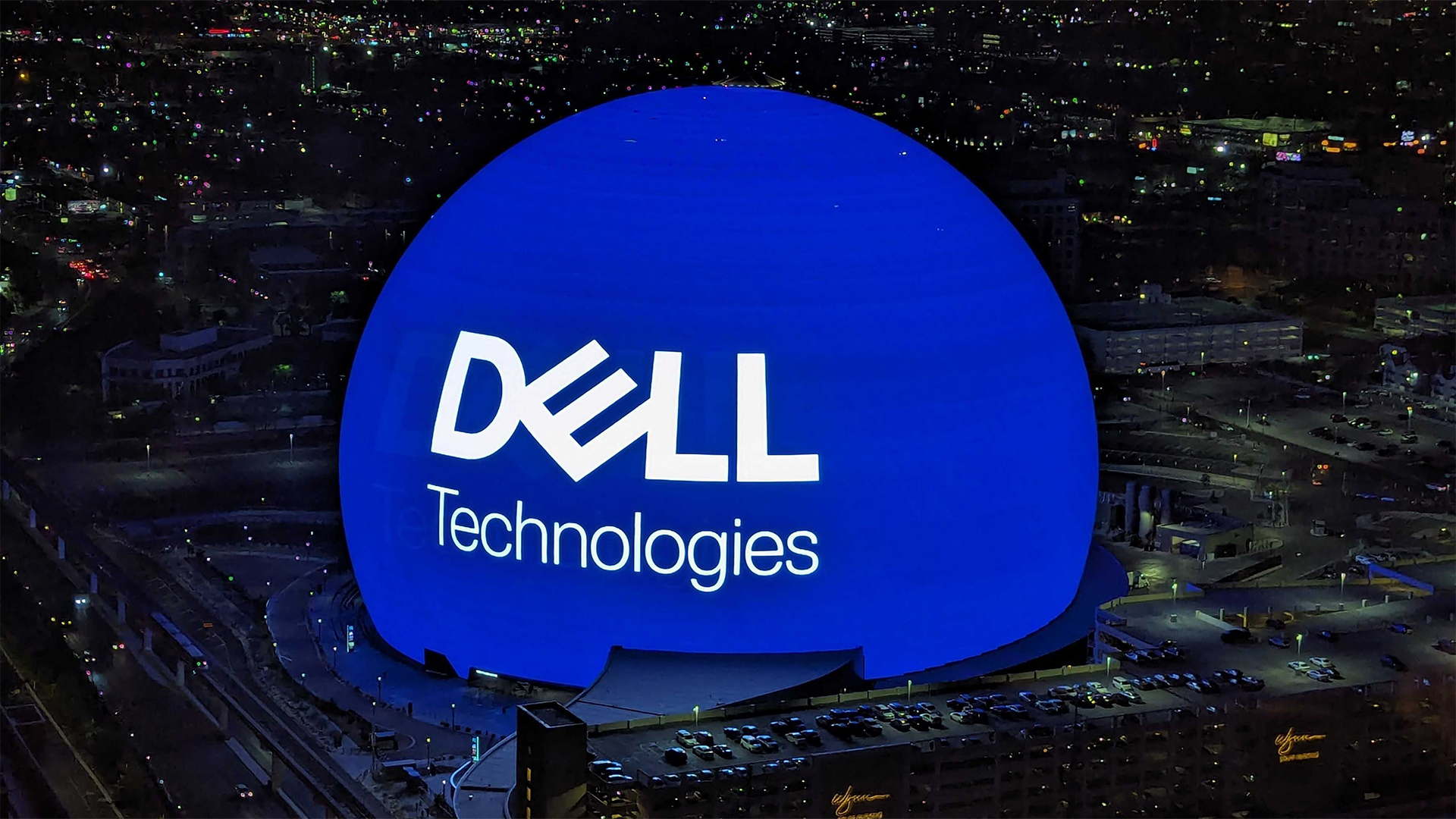 Driving employee experience and productivity across industries
Driving employee experience and productivity across industrieswhitepaper Monitors are an imperative in the hybrid era
By ITPro